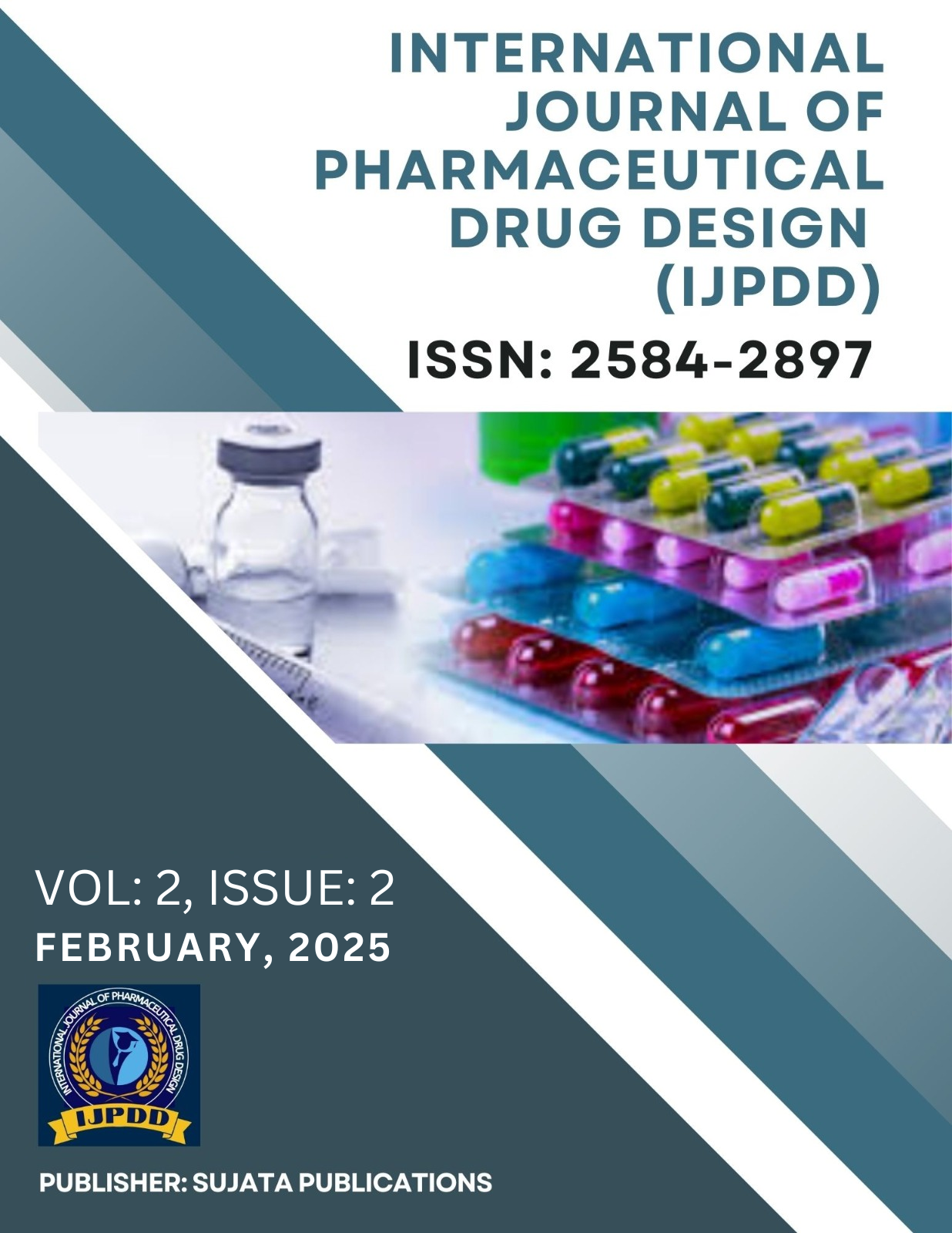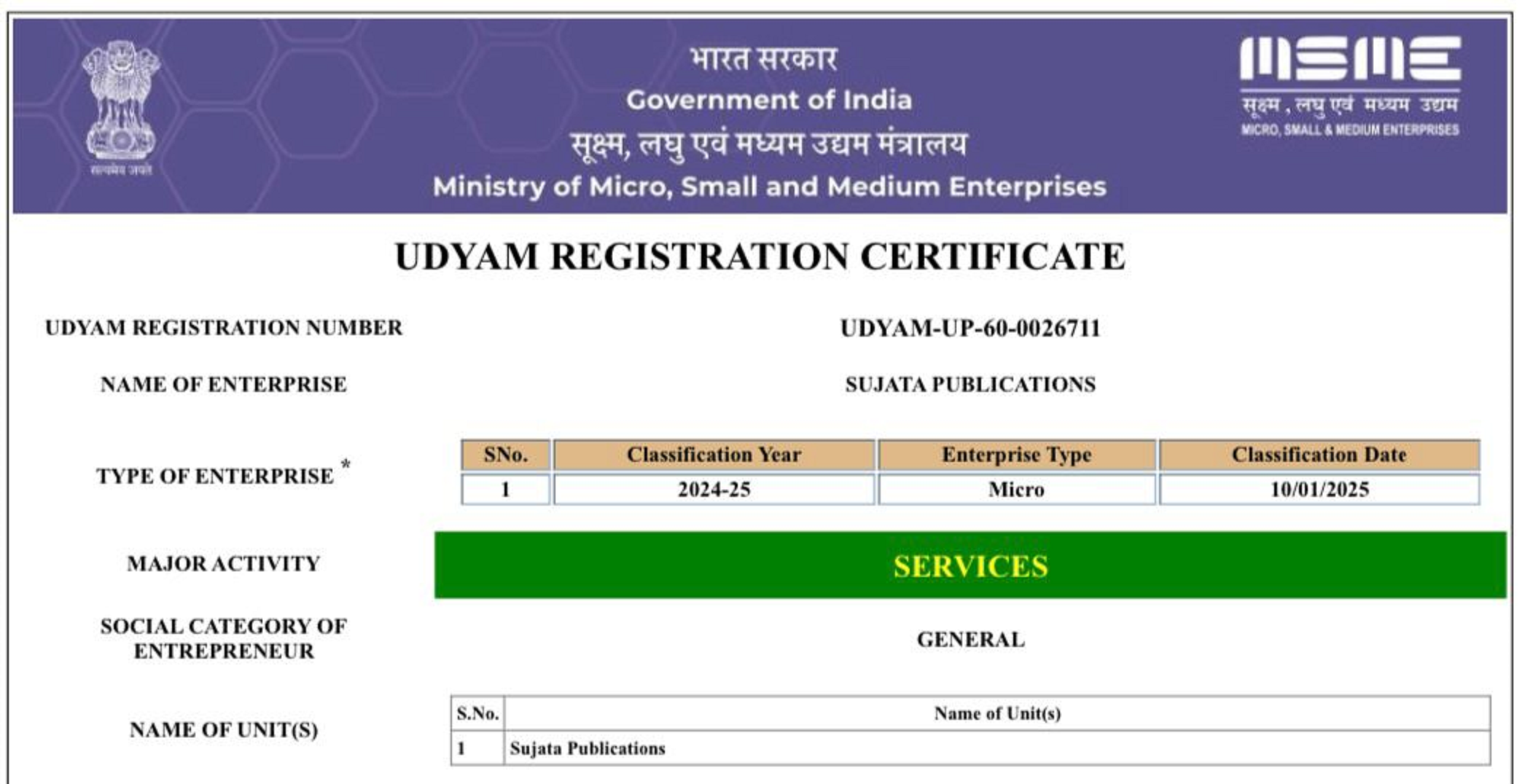The Complication of Severe Malaria: Focus on Black Water Fever
DOI:
https://doi.org/10.62896/Keywords:
Blackwater fever, malaria, Plasmodium falciparum, intravascular hemolysis, hemoglobinuria, renal dysfunction.Abstract
Blackwater fever is a rare but severe complication of malaria, primarily caused by Plasmodium falciparum infection. It is characterized by the sudden onset of intravascular hemolysis, hemoglobinuria (dark or blackcolored urine), fever, and often jaundice. The condition results from the massive destruction of red blood cells, often associated with repeated use of quinine-based antimalarial drugs and incomplete treatment of malaria. Clinical features may include severe anemia, renal failure, and circulatory shock, posing a high risk of mortality if left untreated. Advancements in diagnostic tools, such as polymerase chain reaction (PCR) for malaria detection and improved renal function monitoring, have facilitated early diagnosis. Management involves prompt antimalarial therapy, fluid resuscitation, and in severe cases, blood transfusion and renal replacement therapy. Despite its declining prevalence due to improved malaria control programs and the introduction of artemisinin-based therapies, blackwater fever remains a critical concern in endemic areas. This review highlights the pathophysiology, clinical presentation, and modern approaches to managing this lifethreatening condition

Downloads
Published
Issue
Section
License
Copyright (c) 2025 Sujata Publications

This work is licensed under a Creative Commons Attribution-NonCommercial 4.0 International License.















